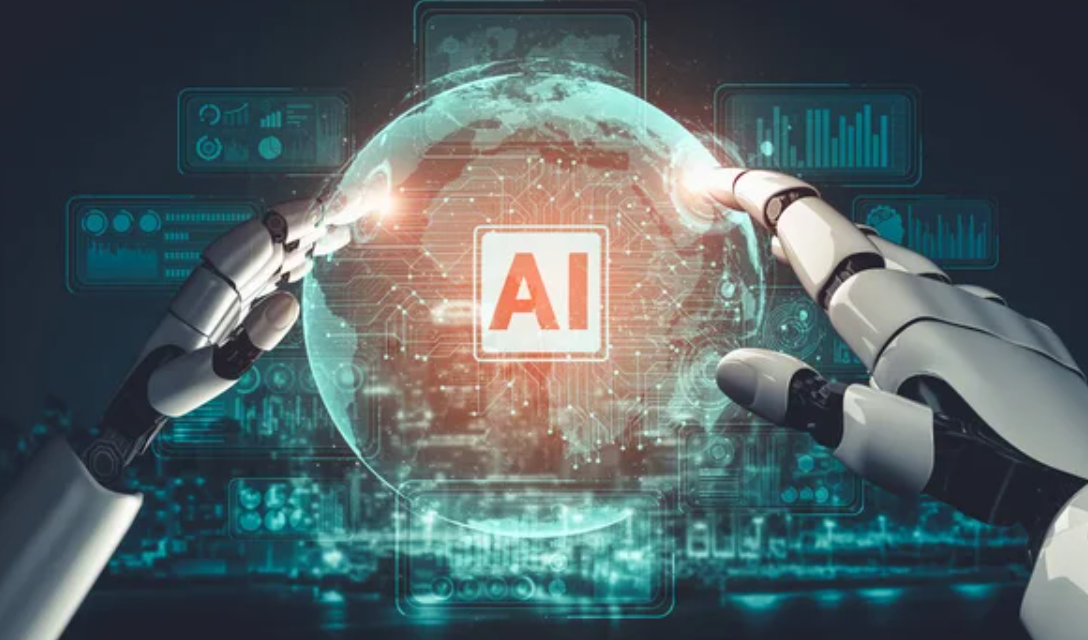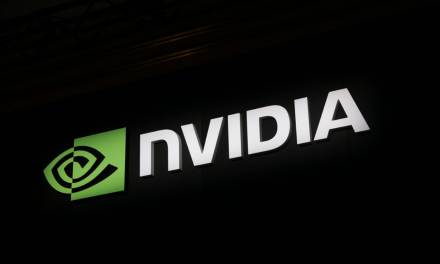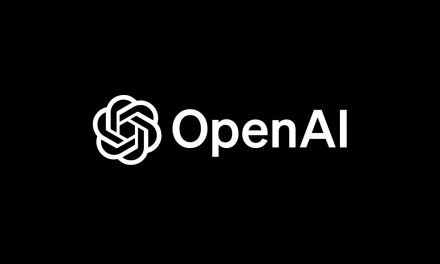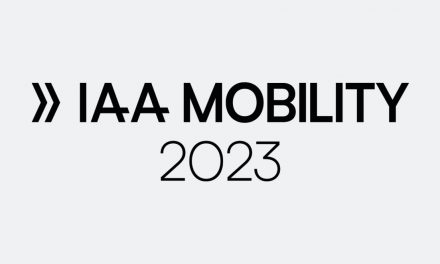Tightening Belts, Loosening Future Potential
In today’s rapidly evolving digital landscape, global CEOs are wrestling with a pressing dilemma: how to effectively integrate generative artificial intelligence (AI) into their operations. Hopes of enlisting the aid of tools like ChatGPT are quickly dashed, as the real challenge lies in the underlying infrastructure.
Companies such as the mighty $200 billion Accenture have been sending out warning signals. As the world economy hits the brakes, many organizations that once enjoyed a spending spree amidst the pandemic are now tightening their belts. With a consistent decline in its year-on-year revenue growth for six consecutive quarters, the U.S.-based firm is feeling the pinch. India’s tech titans, including Tata Consultancy Services, Infosys, and HCL Technologies, are also seeing a dip. Their once-expanding workforce—a crucial metric of growth—has been shrinking for three quarters in a row. Now, clients seem more keen on securing deals focused on immediate cost savings rather than the pricier commitment of shifting data to the cloud.
The Cloud Challenge: A Storm Brewing for Corporations
The potential rewards of AI are tantalizing, yet there’s a catch: a significant tech overhaul is needed. A staggering number of companies aren’t positioned to harness AI’s full power. In a revelation, Accenture CEO Julie Sweet pointed out that a mere 40% of business applications have made the leap to the cloud. And if Gartner’s forecast is any indication, there’s a surge on the horizon—cloud spending might skyrocket by an impressive 70% to reach $917 billion by 2025, dwarfing traditional IT infrastructures. This forthcoming windfall paints a contrasting picture: while the immediate future seems bleak, stock market evaluations remain buoyant. Giants like Accenture and the top three Indian firms are trading at rates well above their typical earnings forecasts.
However, predicting the front-runners in this race isn’t straightforward. A case in point: Accenture’s generative AI deals for the year culminating in August raked in $300 million, a drop in the ocean compared to its $72 billion in fresh bookings. Each of these contracts, on average, fetches just around $1 million. In contrast, the more compact Blackstone-affiliated Mphasis claims that a substantial third of its $707 million quarterly contracts till June’s close were rooted in “pure AI deals”. But with no standardized definitions, the water remains muddy.
The transformative power of generative AI in the business realm is still unfolding. Yet, some early signs are encouraging. Fields like customer service and coding are reporting productivity spikes of 14% and 55% respectively. If Gartner’s projections hold, a tenth of all customer support might soon be tech-driven, translating into a whopping $80 billion yearly savings on labor. Companies dragging their feet on these crucial IT revamps do so at their peril. It’s little surprise then that the investment world is banking on these firms to soon open their coffers.





